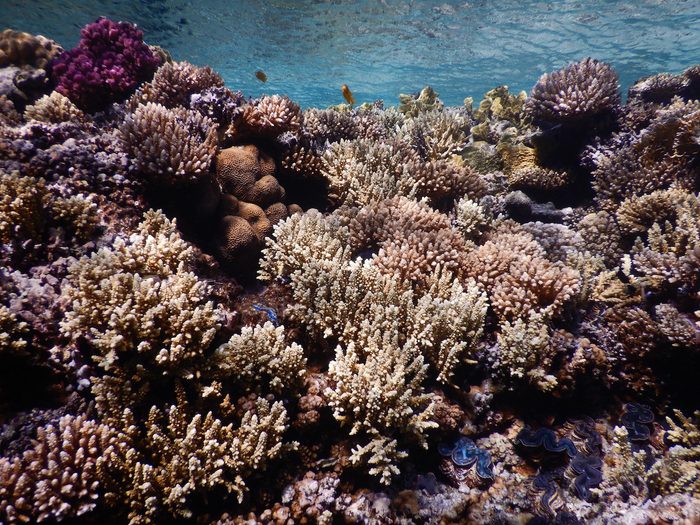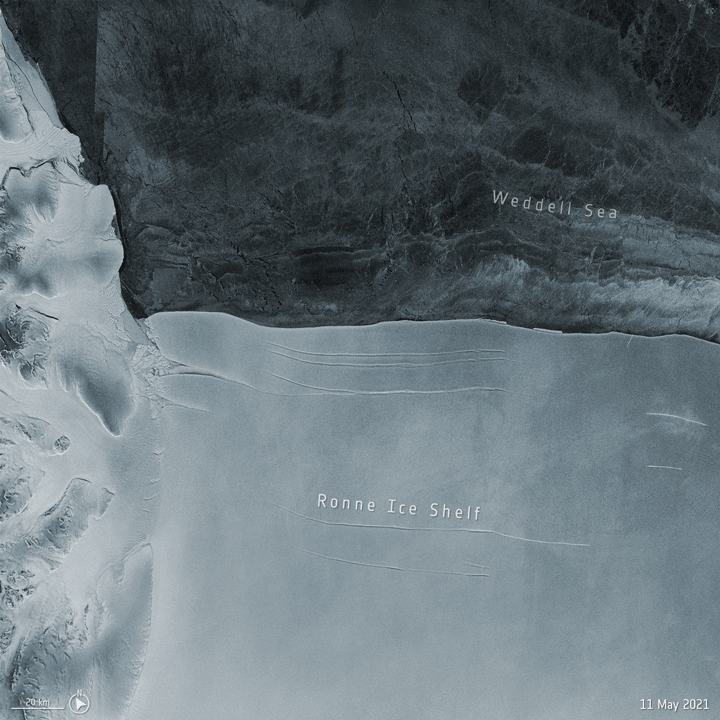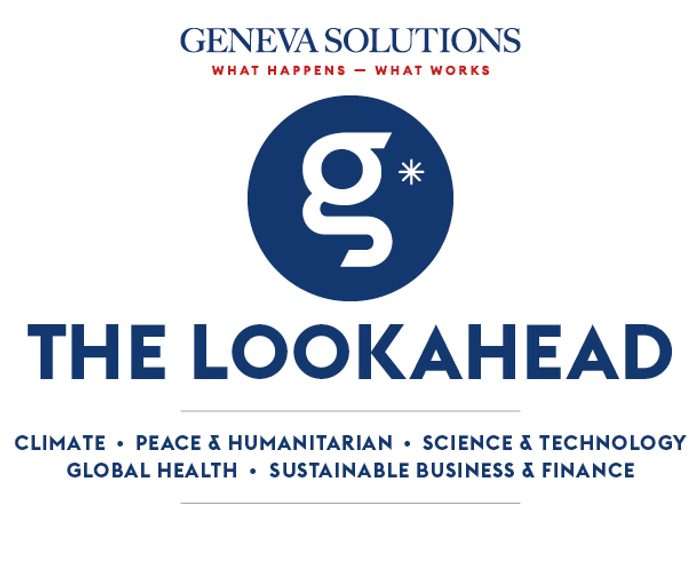Good morning, this is Michelle, and today we set sail for the Red Sea, where corals have the unusual ability to withstand very high seawater temperatures.
In other environmental news, the world gets a mixed report card in achieving its conservation goals. Plus, yesterday was World Bee Day and we hear that we are actually saving the wrong kind of bees. |
|
Climate & environment news
|
|

Red Sea corals off the coast of Eilat, Israel. (Professor Maoz Fine)
|
|
⛵ All aboard!
The 33-meter Swiss ketch, Fleur de Passion, weighed anchor at the end of April, departing from the port of Seville onto the port of Aqaba, in Southern Jordan. From there, a team of scientists led by the EPFL will embark on an expedition to study the heat-resistant corals of the Red Sea, while trying to foster cooperation between bordering nations.
Geneva Solutions (EN)
|
|
🏞️ Quality, not quantity.
Despite major strides in expanding protected areas in the last decade and practically reaching the 2020 goal of protecting 17 per cent of land and inland water and 10 per cent of marine areas, governments have still much work to do to ensure that these sites are well managed, according to a new report.
Geneva Solutions (EN)
|
|
🐝 We’re doing it all wrong.
Bee populations are declining fast because of pesticides, habitat destruction and other factors. This has prompted many people to try and save these tiny vital pollinators. Experts say however that this has put too much attention on honey-bees, when the ones that are in real trouble are wild bees, which are as important, if not more, for our food security.
Deutsche Welle (EN)
|
|
Here's what else is happening
|

A-76 Iceberg breaking off. (ESA/Copernicus Sentinel-1 imagery)
|
|
World’s largest iceberg calves from Antartica.
A 4320 square kilometre chunk of ice larger than the island of Majorca, known as A-76, broke off a week ago from the Ronne Ice Shelf in the Weddell Sea, according to the European Space Agency. Bergs calving is a natural occurrence that has been accelerated by climate change, particularly in the poles, where temperatures are rising twice as fast as the rest of the world. In November, another gigantic iceberg that had broken off was on a path to collide with the Island of South Georgia, threatening to cut off the local penguins and seals from their food supply.
Le Temps (FR)
|
|
|
A deep dive into International Geneva
|
|
|
GS news is a new media project covering the world of international cooperation and development. Don’t hesitate to forward our newsletter!
Have a good day!
|

|
|
Avenue du Bouchet 2
1209 Genève
Suisse
|
|
|
|










